The final sitting week of parliament before Christmas is, well, very Christmassy. Drinks, lunches and dinners are happening everywhere. Meanwhile, Bill Shorten outsources Question Time to Mark Dreyfus as he creates a decoy for the final parliamentary week of Labor’s year of big ideas. The prospect of a real break over Christmas sustains parliamentarians. As soon as parliament rises, we are on the school presentation circuit. MPs often attend two or three schools on one evening, but in a large electorate like mine that’s difficult. I target the schools I didn’t get to last year.
This year, I initiated a prize in high schools for the best STEM (science, technology, engineering and maths) student in the school. It’s amazing how the sharpened focus on innovation has given this idea extra momentum. The Prime Minister has a big megaphone, and it works without costing us anything.
As a keen student of applied maths through school and studying economics at university and throughout my business career, I am passionate about the rigourous thinking required for STEM subjects.
I had toyed with the idea of announcing the STEM prize out of an envelope delivered by a drone. That was until we were told that departmental approvals for such a dangerous and unprecedented initiative would be ‘lengthy’. Oh well, it seems innovation at school presentation nights will have to wait.
But the school principals love the new award, as do the students. The prize winners are always extraordinary, positive kids with clear goals. I bounce out of each presentation ceremony feeling confident about our future.
In the lead-up to Christmas we have a family meal at one of our regulars: the iconic Paragon Cafe in Goulburn. For those who have been driving the Hume Highway for a long time, it is hard not to have visited the Paragon. It has moved location, changed ownership and changed its menus many times over, but the essential character – a classic country town café – has stayed the same.
Idle chatter quickly turns serious when our eldest starts talking about his HSC English text – Che Guevara’s Motor Cycle Diaries. He points out that helpfully, Guevara tells us that ‘to be a revolutionary requires a revolution’.
We talk more revolutions and some history. I start talking about the Berlin wall coming down. Blank stares. ‘Is that the wall in China?’ asks number four. Points for trying. I ask if any of them had read Animal Farm or 1984. Some flickers of recognition. ‘That’s the one about the pigs isn’t it Dad?’ pipes up our eldest daughter. ‘No, that’s Babe’ says number four to shrieks of laughter. I try to explain what Orwell was writing about. The children seem familiar with themes like western imperialism and colonial oppression but haven’t heard much about failed dictatorships or the collapse of communism. My wife makes the radical suggestion that facts and context are essential to understanding history. Our eldest daughter, a debater, counters by suggesting that facts might be in the eye of the beholder. I query this, but she is steadfast. ‘All our adjudicators are Uni students. Our coach told us we need to read the the Guardian or Crikey so we know what they think.’ I guess you have to hand it to her. She likes to win. Eyes glaze over by the time we get to the rule of law, the separation of powers and the separation of church and state.
With terrorism in the news, there is confusion and concern about what is happening in the Middle East and Europe. Many are attracted to simplistic views peddled by both extremes. Some facts would be useful here too. The lack of historical context in some of our national debates arouses my interest in our history curriculum. I flick through it. The emphasis leaves me wondering. For the HSC, there are modules dedicated to the women’s movement, recognition and rights of Indigenous peoples, decolonisation, the USA Civil rights movement and workers’ movements. All fine stuff, but there is little focus on how our most fundamental institutions evolved and how they underscore our freedoms and prosperity. Niall Fergusson – an historian who thinks deeply about these things – points out that no-one could have forseen western civilisation’s extraordinary success coming from the ‘miserable backwater’ that was medieval Europe. Its basic institutions were its ‘killer apps’ – including the rule of law, separation of church and state, property rights and the encouragement of a scientific revolution. Are our kids learning about the painful process of experimentation that gave birth to western civilisation and institutions, and strengthened those institutions over time? Do they really understand why an innovative, prosperous civilisation rose from almost nothing?
As the school presentations come to an end, I take a look at the history component of Christopher Pyne’s excellent curriculum review completed in 2014. It recognises that ‘the history associated with Western civilisation and Australia’s development as a nation is often presented in a negative light, ignoring the positives’. The review went on to recommend that the history curriculum ‘should be revised to properly recognise the impact and significance of Western civilisation’.
As Christmas Eve arrives, I kick myself for not taking the time to buy a copy of Animal Farm for each of the kids. This year’s New Year’s resolution, however, is for more discussion of history at family dinners.
Got something to add? Join the discussion and comment below.
Get 10 issues for just $10
Subscribe to The Spectator Australia today for the next 10 magazine issues, plus full online access, for just $10.

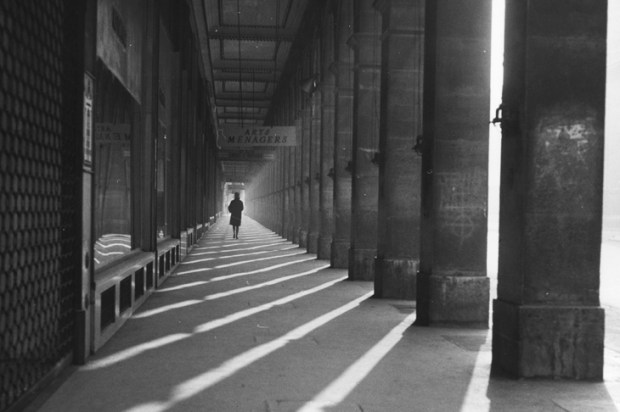
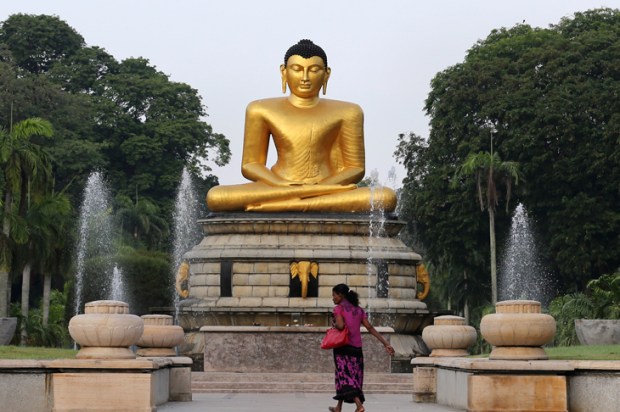
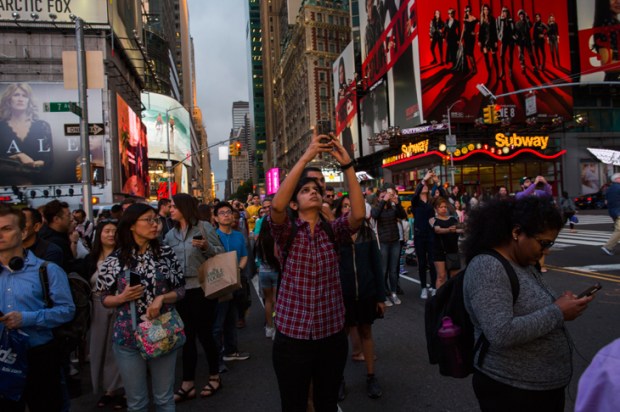
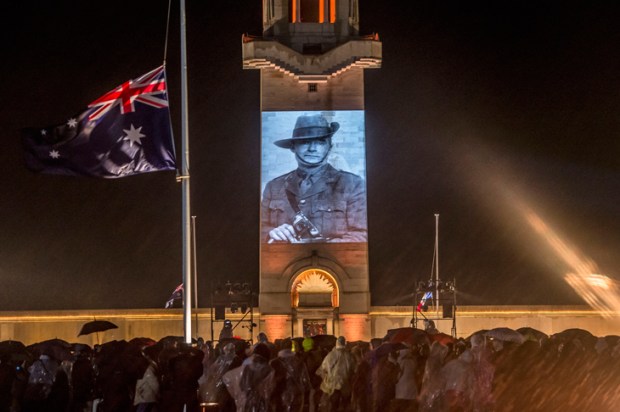
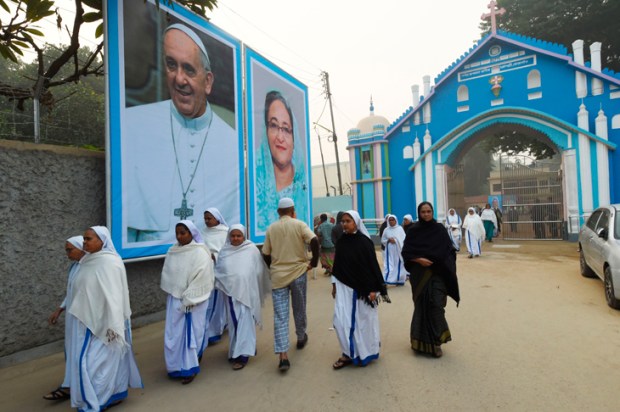
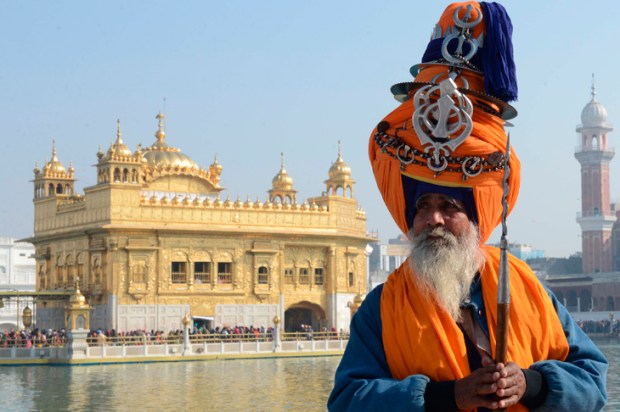






Comments
Don't miss out
Join the conversation with other Spectator Australia readers. Subscribe to leave a comment.
SUBSCRIBEAlready a subscriber? Log in